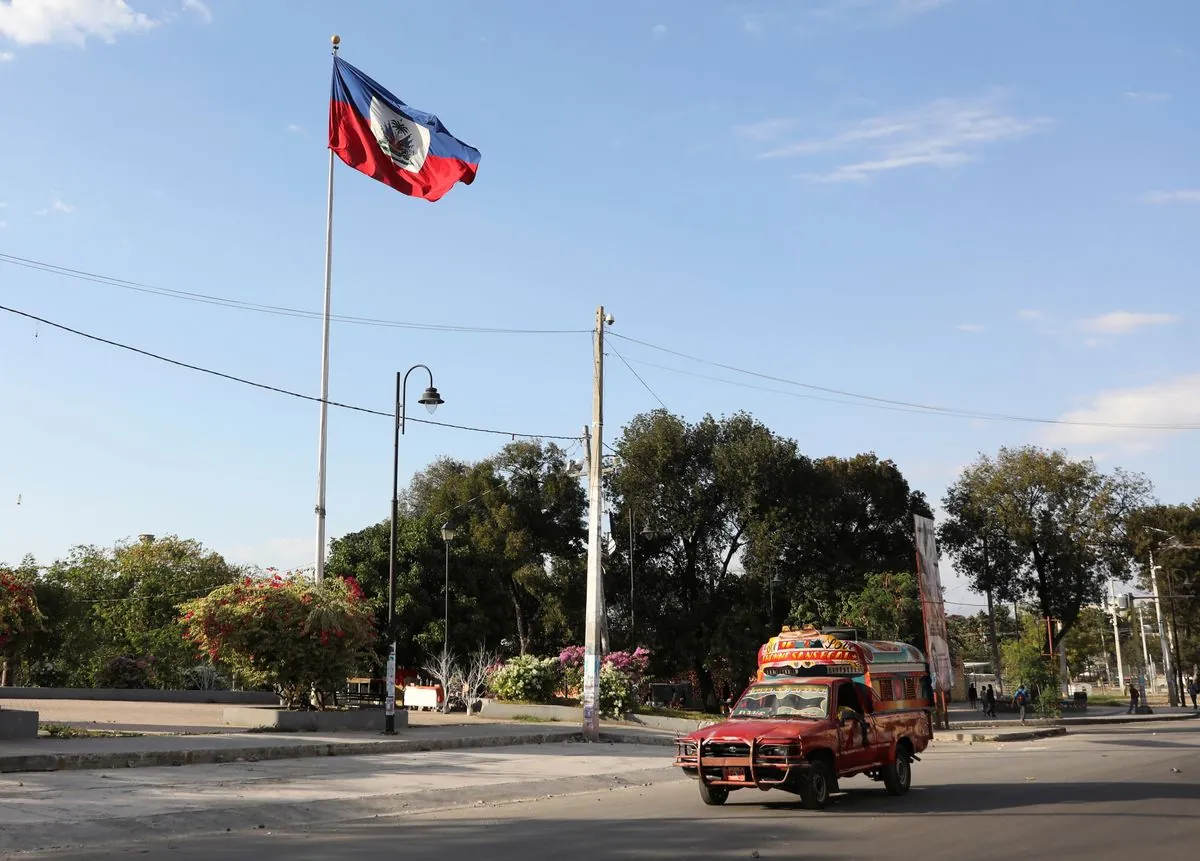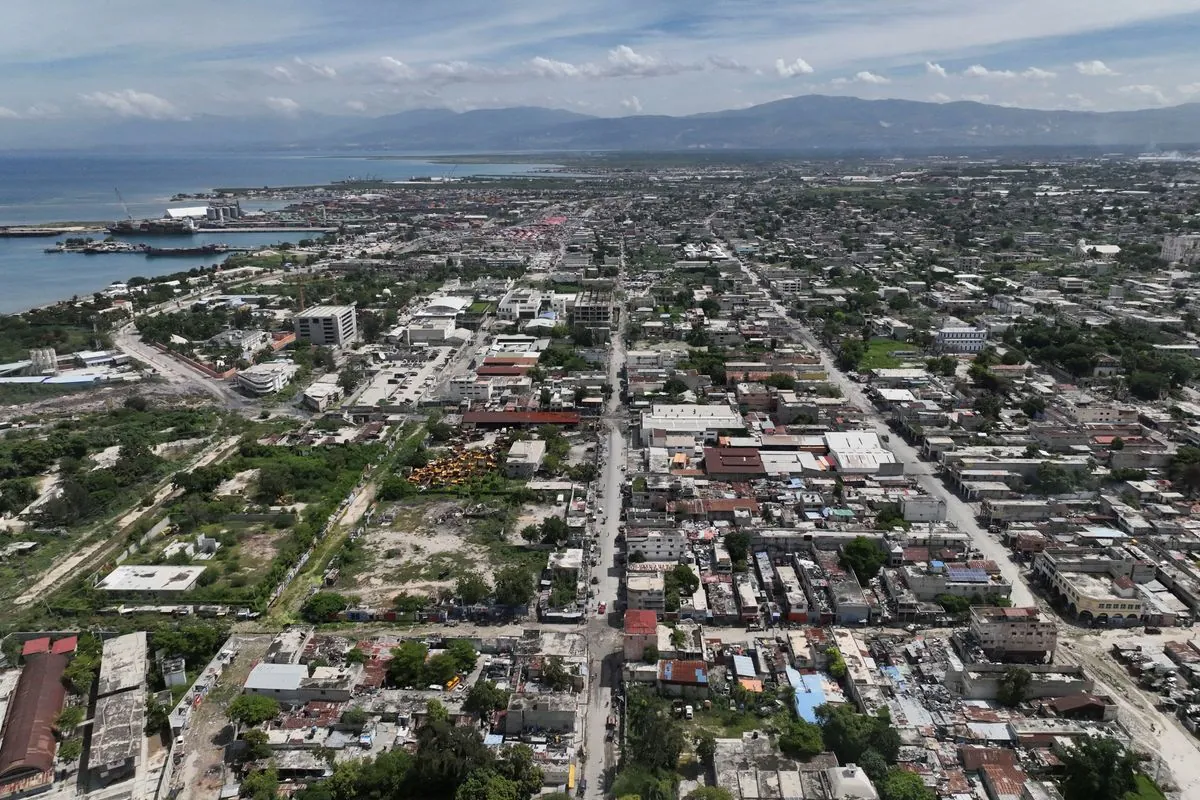Haiti's Anti-Corruption Agency Charges High-Profile Officials in Bribery Scandal
Haiti's anti-corruption body accuses five prominent figures, including three interim council members, of corruption in a state bank bribery case. The scandal unfolds amid ongoing efforts to stabilize the nation's governance.

In a significant development for Haiti, the country's anti-corruption agency, ULCC, has leveled corruption charges against five high-profile individuals, including three members of the interim governing council. This action marks a crucial step in addressing corruption in the Caribbean nation, which has long struggled with political instability and economic challenges.
The charges stem from a bribery scandal involving the chairman of the Banque Nationale de Credit, Haiti's state-owned bank. The accused council members - Smith Augustin, Louis Gerald Gilles, and Emmanuel Vertilaire - face allegations of abuse of office, bribery, and corruption. All three have rejected the charges.
This case highlights the ongoing challenges Haiti faces in its fight against corruption. As the poorest country in the Western Hemisphere, Haiti has a history of political turmoil and economic struggles since gaining independence from France in 1804, becoming the first independent black republic.

The scandal has raised questions about the effectiveness of the interim governing council, which was appointed in April 2024 to serve as the country's executive branch until new elections could be held. This nine-member council was initially seen as an improvement over the previous government, which was widely considered corrupt.
"At first I thought it was a joke."
Pierre-Louis described a meeting where council members allegedly demanded a bribe equivalent to nearly $770,000 in exchange for retaining him in his post. Unable to provide the requested sum, Pierre-Louis claims he offered credit cards with a $20,000 limit to the three council members.
The ULCC's investigation has also implicated local official Lonick Leandre and Raoul Pascal Pierre-Louis himself in the corruption case. Authorities have requested the extradition of Pierre-Louis from the United States, while Leandre denies the charges against him.
This case underscores the challenges Haiti faces in combating corruption. Despite the ULCC's efforts, out of 87 investigations submitted to Haiti's judiciary, only one conviction has been obtained. The United Nations has recently backed strengthening the ULCC, recognizing the importance of anti-corruption efforts in stabilizing the nation.
Haiti's struggles with corruption are compounded by its unique challenges. The country has suffered from frequent natural disasters, including a devastating earthquake in 2010. Its economy heavily relies on remittances from Haitians working abroad, and it faces severe environmental issues, with only about 2% of its original forest cover remaining.
Despite these challenges, Haiti has a rich cultural heritage. The country has two official languages, Haitian Creole and French, and boasts a vibrant artistic tradition in painting and music. Haiti was also the first country to permanently abolish slavery, a significant historical achievement.
As Haiti continues to grapple with corruption and political instability, the international community remains engaged. The United Nations has maintained a peacekeeping presence in the country since 2004, working to support governance and development efforts.
The outcome of this high-profile corruption case may have significant implications for Haiti's future governance and its ability to address long-standing issues of corruption and instability. As the nation of approximately 11.4 million people looks towards potential elections, the fight against corruption remains a critical factor in its path to stability and prosperity.


































